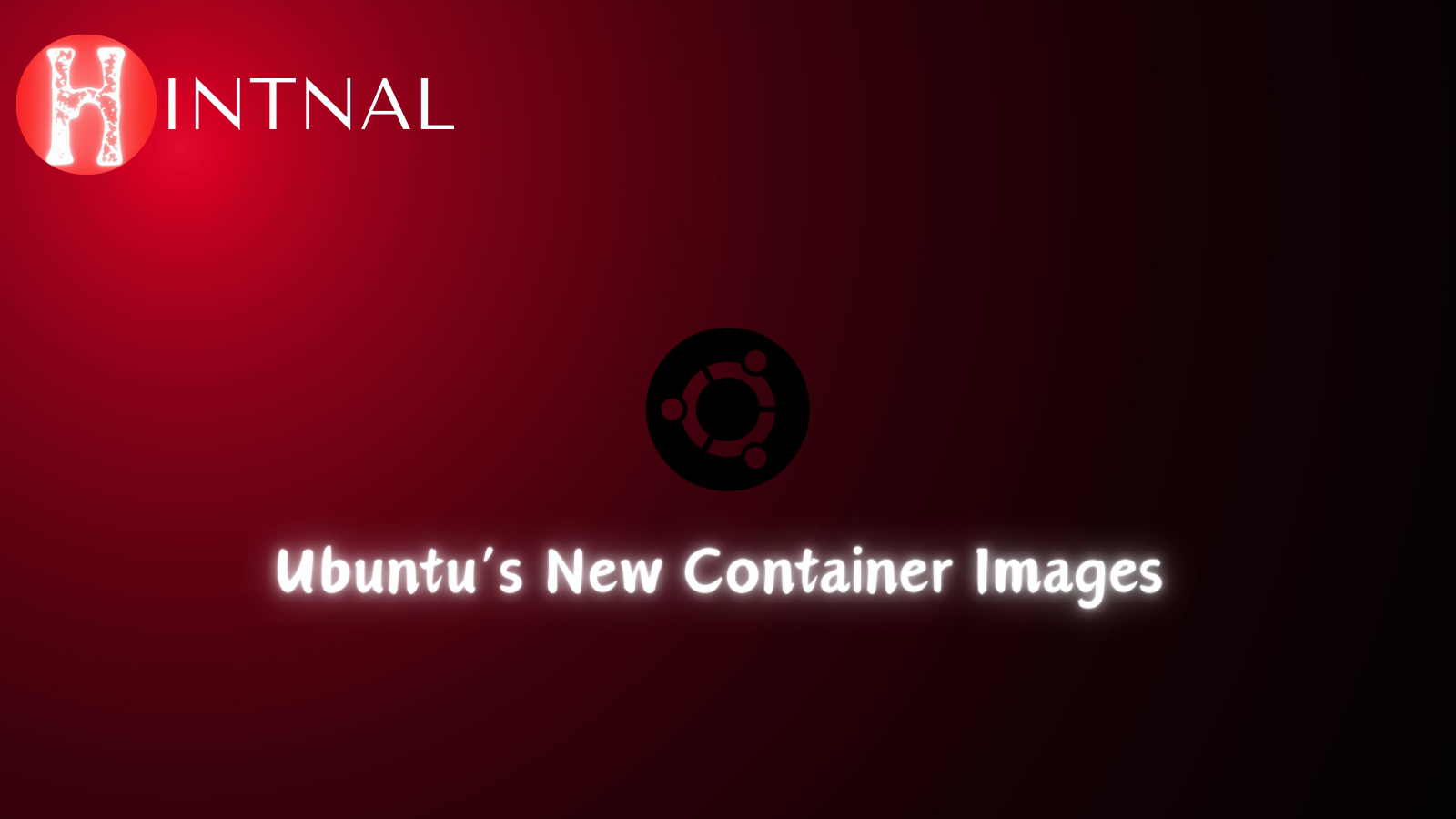Learn how Canonical’s new ultra-small container images for Ubuntu can help you optimize your cloud applications and reduce your costs.
Containers are a popular way to deploy and run applications in the cloud, as they offer many benefits such as portability, scalability, and isolation. However, containers also come with some challenges, such as managing the size and security of the images that contain the application code and dependencies.
Canonical, the company behind Ubuntu, has recently announced a new solution to address these challenges: ultra-small container images for Ubuntu. These images are designed to be minimal, secure, and optimized for cloud environments, and can significantly improve the performance and efficiency of your containerized applications.
What are Ubuntu’s ultra-small container images?
Ubuntu’s ultra-small container images are a new type of image that Canonical has created specifically for containerized applications. They are based on Ubuntu Core, a lightweight version of Ubuntu that only includes the essential components and libraries needed to run applications.
The ultra-small container images are much smaller than the standard Ubuntu images, as they only contain the bare minimum of packages and files required for the application to function. For example, the ultra-small image for Ubuntu 20.04 LTS is only 29 MB in size, compared to 72 MB for the standard image.
The ultra-small container images are also more secure than the standard images, as they have fewer attack surfaces and vulnerabilities. They are built using a new tool called chisel, which automatically removes any unnecessary or unused files from the image, such as documentation, locales, caches, and logs. Additionally, the ultra-small images are updated regularly with the latest security patches and bug fixes from Canonical.
READ ALSO: How to Get the Latest GNOME Shell 45.2 Update on Ubuntu 23.10
What are the benefits of using Ubuntu’s ultra-small container images?
Using Ubuntu’s ultra-small container images can bring many advantages for your cloud applications, such as:
- Faster deployment and startup times: Smaller images mean less time and bandwidth spent on downloading, transferring, and loading them into the container runtime. This can speed up the deployment and startup processes of your applications, and reduce the latency and downtime for your users.
- Lower resource consumption and costs: Smaller images mean less disk space and memory usage for your containers, which can lower the resource consumption and costs of your cloud infrastructure. This can also improve the scalability and reliability of your applications, as you can run more containers on the same hardware or cloud service.
- Easier management and maintenance: Smaller images mean fewer packages and files to manage and maintain, which can simplify the configuration and administration of your containers. This can also reduce the risk of errors and conflicts, and make it easier to troubleshoot and debug your applications.
How to use Ubuntu’s ultra-small container images?
To use Ubuntu’s ultra-small container images, you need to have a container runtime installed on your system, such as Docker, Podman, or LXD. You can then pull the images from Canonical’s official registry, or build your own images using the chisel tool.
To pull the images from the registry, you can use the following commands:
- For Docker:
docker pull ubuntu:core20 - For Podman:
podman pull ubuntu:core20 - For LXD:
lxc launch ubuntu:core20
To build your own images using the chisel tool, you can follow the instructions on the official documentation.
Ubuntu’s ultra-small container images are a new and innovative way to optimize your cloud applications and reduce your costs. They are minimal, secure, and optimized for container environments, and can offer many benefits such as faster deployment, lower resource consumption, and easier management. If you are looking for a way to boost your cloud performance, you should give Ubuntu’s ultra-small container images a try.


Hi my loved one I wish to say that this post is amazing nice written and include approximately all vital infos Id like to peer more posts like this
My brother suggested I might like this website He was totally right This post actually made my day You cannt imagine just how much time I had spent for this information Thanks
Somebody essentially lend a hand to make significantly posts I might state That is the very first time I frequented your web page and up to now I surprised with the research you made to create this particular put up amazing Excellent job
Hello Neat post Theres an issue together with your site in internet explorer would check this IE still is the marketplace chief and a large element of other folks will leave out your magnificent writing due to this problem
I truly appreciate this post. I have been looking everywhere for this! Thank goodness I found it on Bing. You’ve made my day! Thx again!